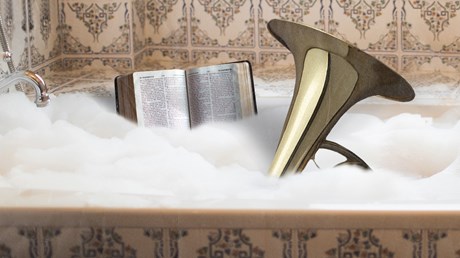An excerpt from Larry Tye’s The Jazzmen: How Duke Ellington, Louis Armstrong, and Count Basie Transformed America.

“Does Jazz Put the Sin in Syncopation?” asked a 1921 Ladies Home Journal article. Whimsical wordplay aside, the question would become a serious one for mid-century America, as parsons and priests blamed jazz for soaring juvenile crime rates, drugs, and extramarital sex. A 1960 poll found that, among Black preachers, just 1 in 5 wanted to let jazz or blues into their services. Decades before, a religion editor at the Pittsburgh Courier had denounced Louis Armstrong’s “sacrilegious desecration of Spirituals.” Duke Ellington’s music was “considered worldly,” counseled the Rev. John D. Bussey, explaining why the local 1966 Baptist Ministers Conference had unanimously passed his resolution opposing a performance.
But whatever commandments they were breaking—and there were plenty, from slighting the Sabbath to serial adultery—Duke, Louis, and king of swing Count Basie all seemed to take the Christian faith they’d been raised in seriously. And that faith found its way into their music.
For Louis Armstrong, the connection was there from the very beginning, when he learned to sing in his mother’s Sanctified church. “The ‘whole ‘Congregation would be “Wailing—‘Singing like ‘mad and ‘sound so ‘beautiful,” he wrote with his characteristic expressive, idiosyncratic punctuation. “I’d have myself a ‘Ball in ‘Church, especially when those ‘Sisters ‘would get ‘So ‘Carried away while ‘Rev’ would be ‘right in the ‘Middle of his ‘Sermon. ‘Man those ‘Church ‘Sisters would ‘begin ‘Shouting ‘So—until …

